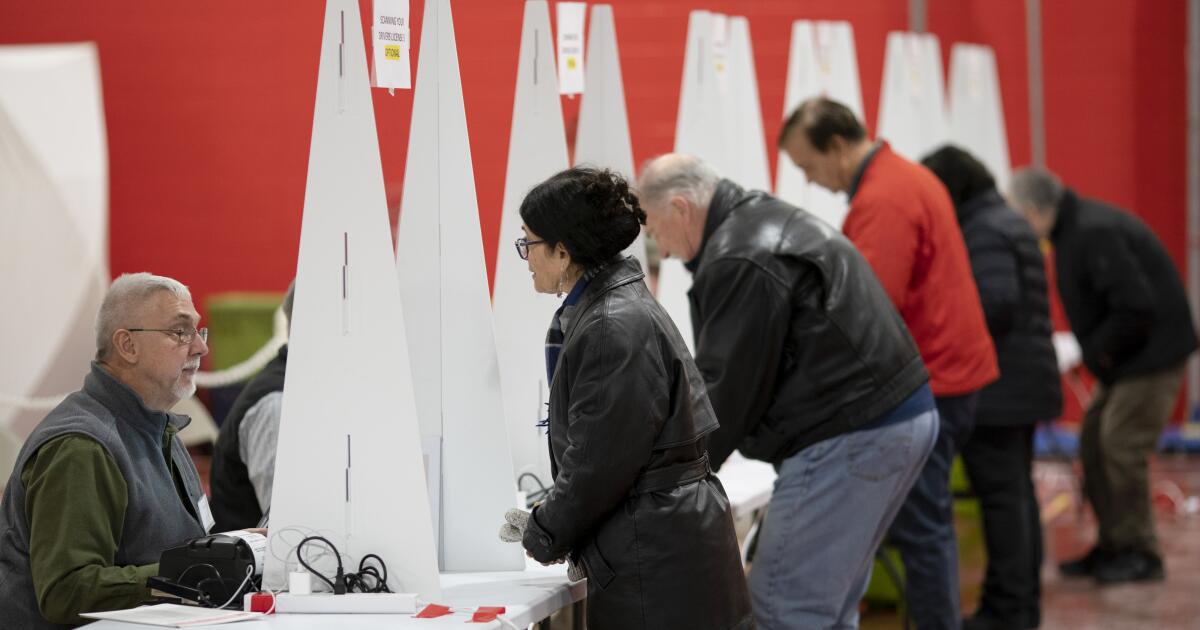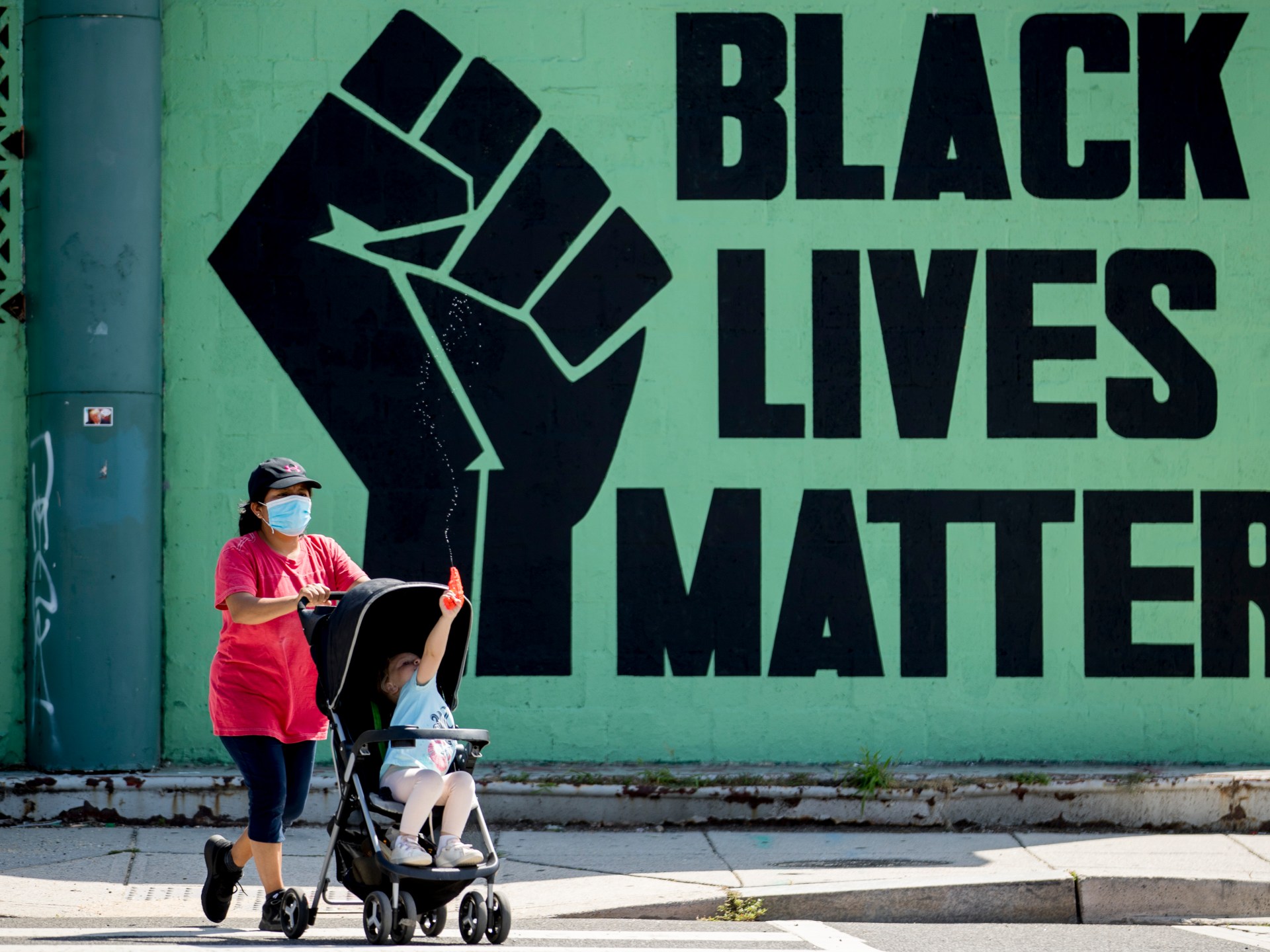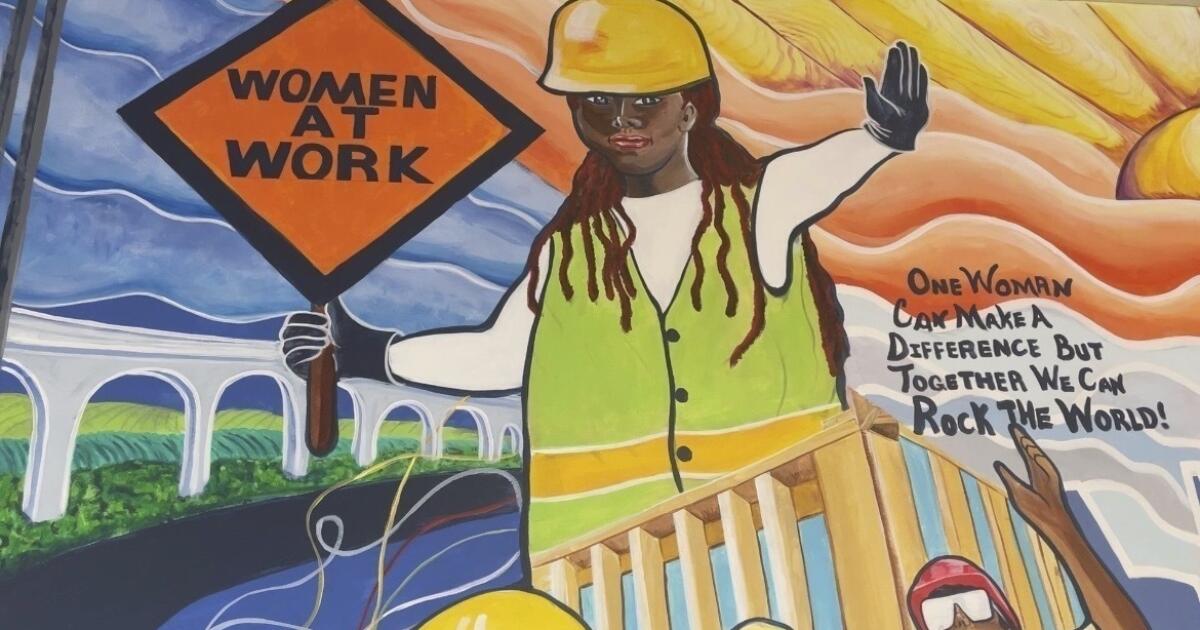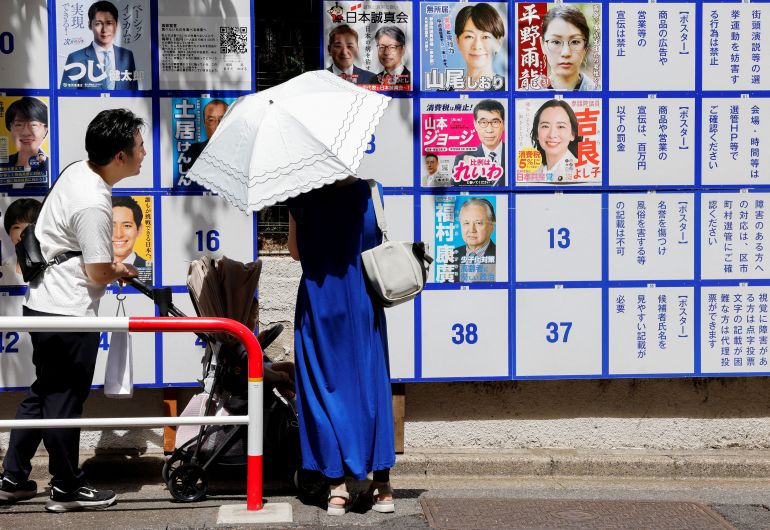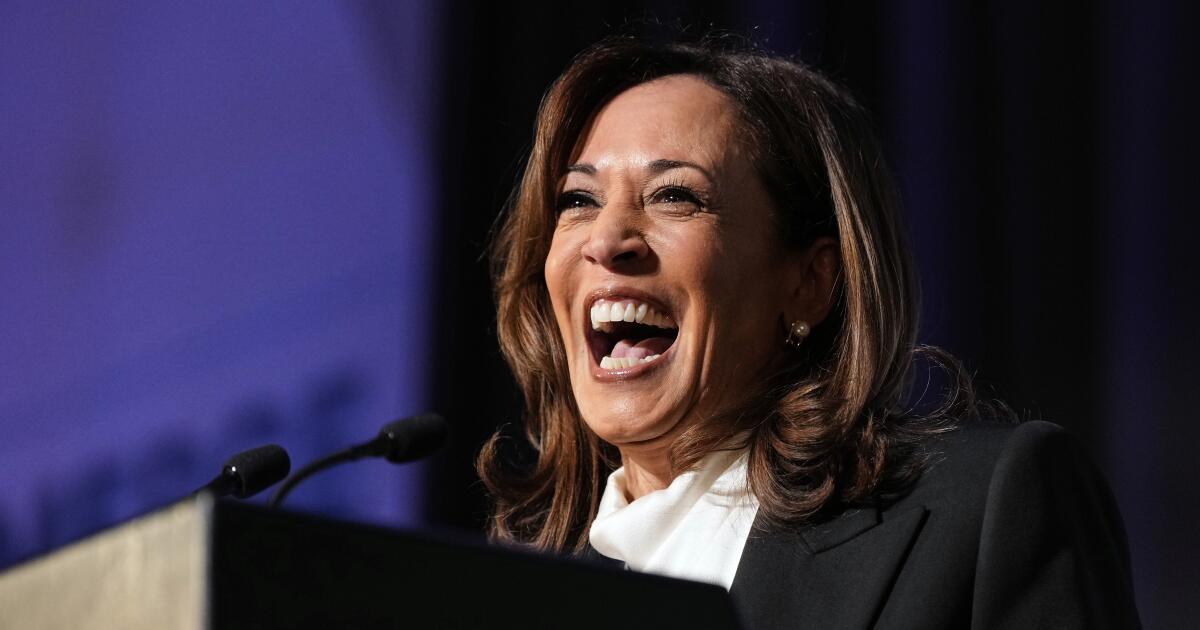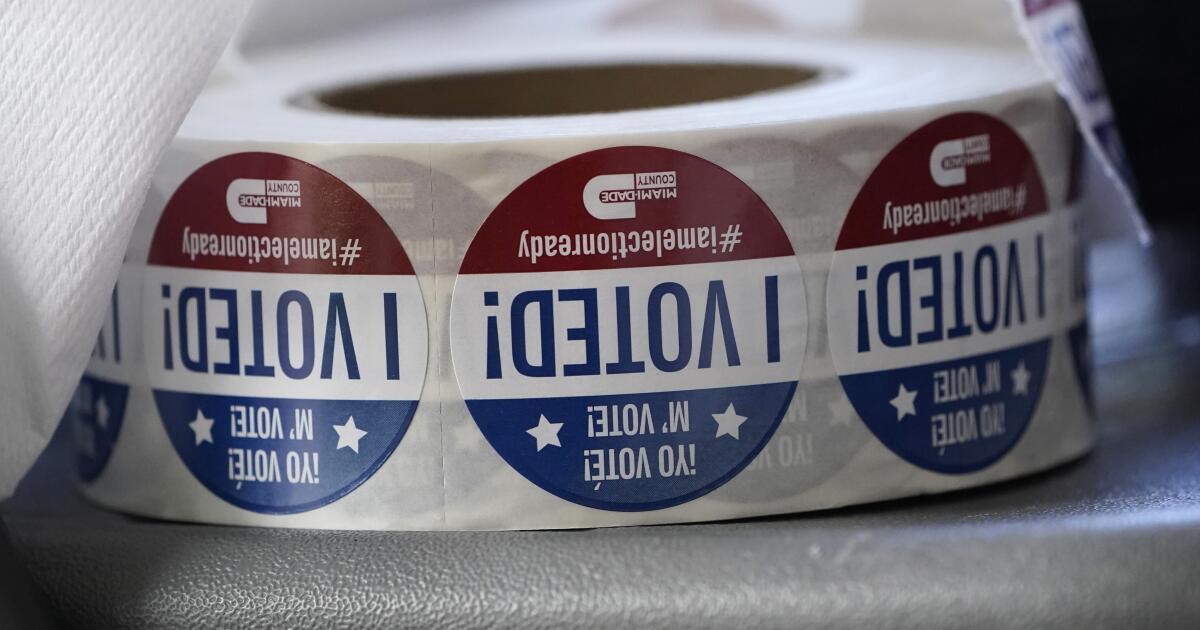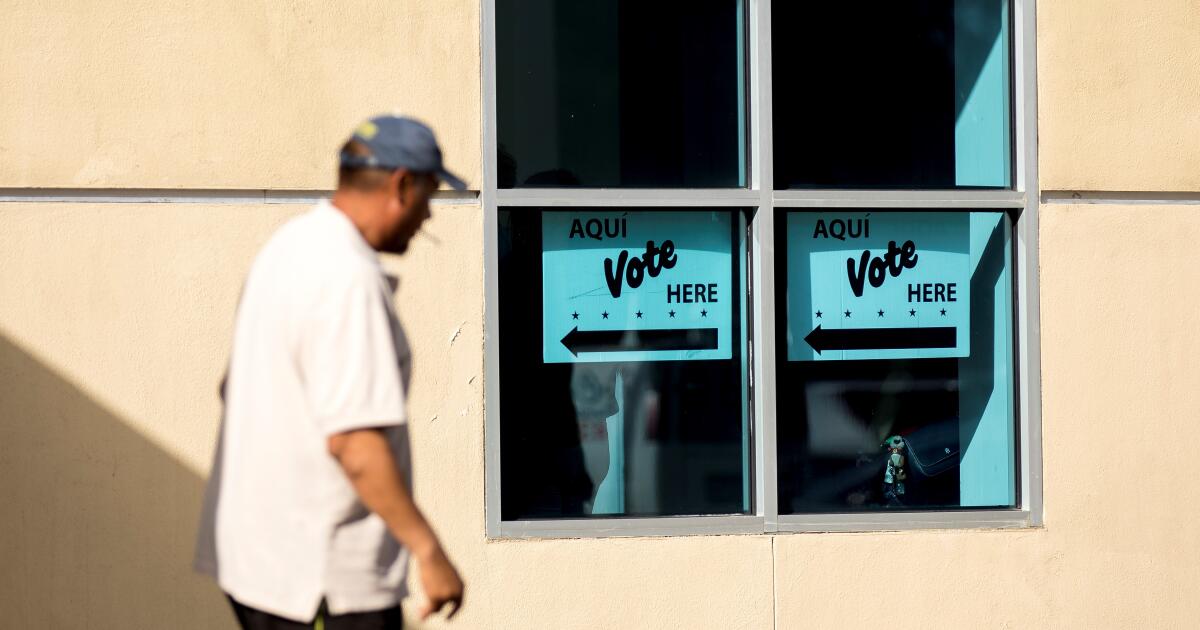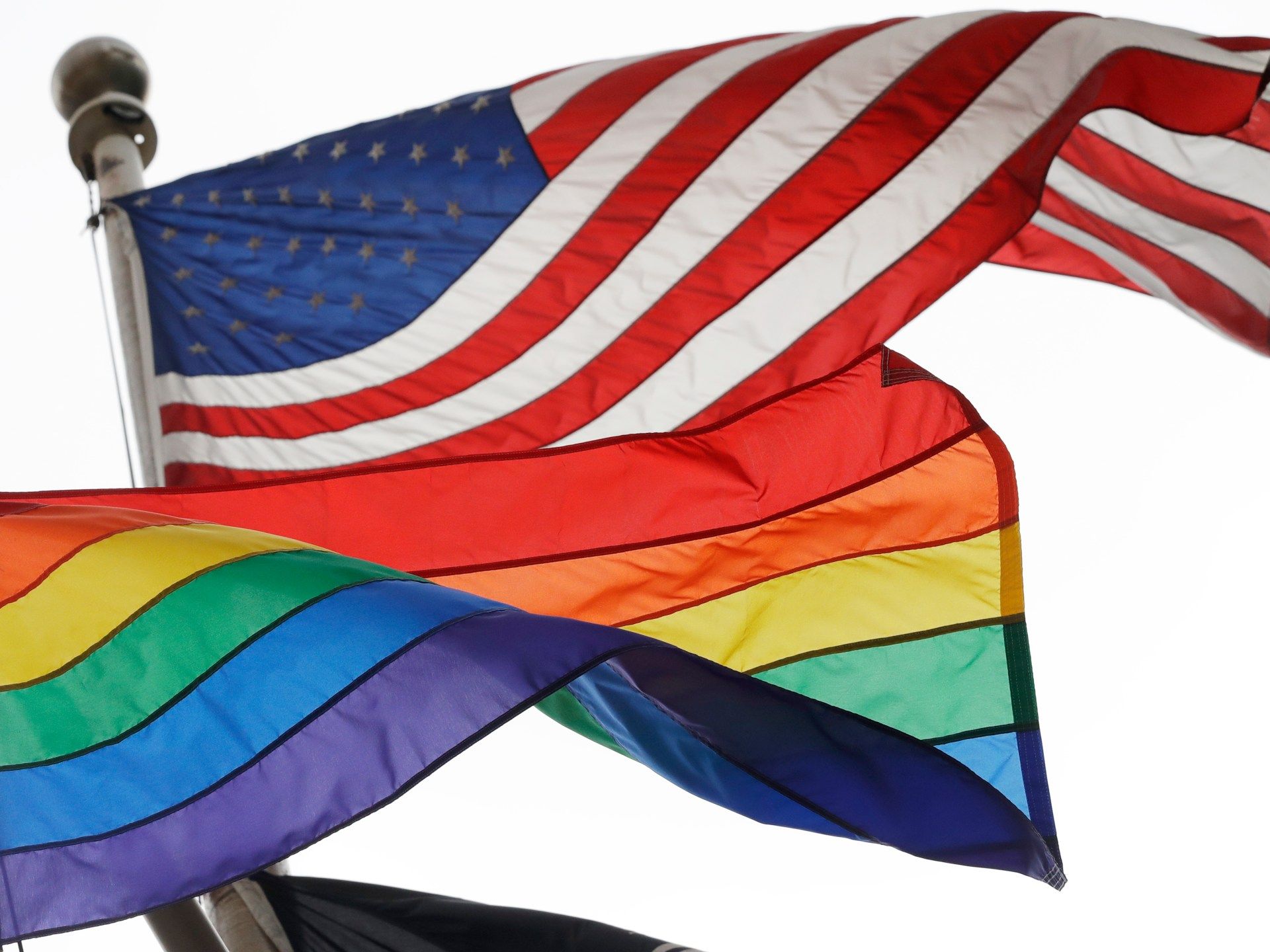A new poll says most Europeans accept they must prepare for war.
This comes in the wake of President Trump’s decision to bomb Iran’s nuclear facilities at the weekend.
The multi-country polling report, published ahead of the 2025 NATO Summit, shows widespread support across Europe for increases in defence spending, scaled rearmament programmes, and the reintroduction of mandatory military service.
Polling by the European Council on Foreign Relations suggests Europeans remain committed to Ukraine, and will not countenance withdrawing military support, pressuring Kyiv to cede occupied territories, or lifting sanctions on Russia if the U.S. changes course.
Despite anti-EU rhetoric from the White House, and rising anti-American sentiment in a number of European countries, many citizens still believe the U.S. can be relied upon for nuclear deterrence and a military presence on the continent. There is also widespread optimism that the Transatlantic Alliance can be repaired in the future.
In their analysis, published on Monday, ECFR report authors and foreign policy experts, Ivan Krastev and Mark Leonard, argue that the second coming of Trump has already had far-reaching impacts and led to a breakout of ‘political cross-dressing’ in Europe. They believe today’s disorder presents an opportunity for those of the political mainstream to “get out of the business of defending the status-quo – and reinvent European identity for a revolutionary new world”.
The trajectory of Donald Trump’s second presidency is upending European opinion, vis-a-vis defence and security, and forcing citizens to accept that they must prepare for a world at war, according to a new multi-country polling report published today by the (ECFR).
Data from the think-tank’s latest study suggest sthat the second coming of Trump has changed not only the internal political system of the United States (U.S.), but how Europeans view their own security and identities. It points to a fundamental shift, away from the Transatlantic Alliance and Washington-backed security guarantees, towards a more autonomous Europe that must ramp up its own capabilities. This has changed Europe from a ‘peace project’ to one that is now scaling, at speed, in preparation for war, with publics in a number of leading Atlanticist states (including Denmark, Germany and the UK) being among those most confident about the need for Europe to take care of its own security and defence.
Published to coincide with this week’s 2025 NATO summit in The Hague, the multi-country poll of 12 European countries (Denmark, Estonia, France, Germany, Hungary, Italy, Poland, Portugal, Romania, Spain, Switzerland and the United Kingdom) reveals widespread support across Europe for an increase in defence spending (50% on average across 12 polled countries vs. 24% opposing), a commitment to maintaining military support to Ukraine in the event of the U.S. withdrawal (59%), and backing for developing an alternative European nuclear deterrent that does not rely on the US (54%).
The dataset, which was commissioned through leading pollsters, YouGov, Datapraxis and Norstat, also indicates far-reaching ideological shifts within political parties following Trump’s return to the White House. It shows that Europe’s far-right have, in the space of six months, transformed themselves from ‘sovereigntists’ to ‘internationalists’, and become ideological allies of the U.S. President in his quest to remake the ‘world order’. Several mainstream parties have also similarly recast themselves as national-minded advocates, and agitators for a more autonomous Europe, with the power to push back at U.S. interference. This transformation constitutes a form of “political cross-dressing”, according to the report’s authors, Ivan Krastev and Mark Leonard.
Krastev and Leonard, in their analysis, note that while many in Europe are sceptical of Trump, and want to see greater continent-wide rearmament and defence, this does not translate into full confidence that the EU can stand on its own. The authors argue that while Europeans are convinced that their governments should part with American policy when it comes to Ukraine, they are relaxed about the reliability of U.S. security guarantees and the possibility of rekindling bands across the Atlantic once Trump leaves office.
They believe Europe, today, is responding to the Trump ‘revolution’ in a similar manner to the 2016 Brexit vote – by “stepping back” and “buying time to prepare for the coming leap”. That so many citizens still believe the U.S. can be counted on to provide a nuclear deterrence (48%), and a military presence on the continent (55%), speaks to this, they argue. They also point to widely felt optimism surrounding the future of the Transatlantic Alliance (with 45% of respondents across the surveyed countries believing it will be ‘repaired’), and a majority view (54%) that the EU can avert a trade war with Washington, as further examples. While the authors see merit in this “wait and see” approach, they also encourage European governments to use Trump’s prominence to reshape their own politics. Today’s disorder, they write, has presented a path for the political mainstream to “get out of the business of defending the status-quo”, and an opportunity for them to recreate a European identity for a “revolutionary new world”.
Key findings from ECFR’s multi-country survey include:
There is widespread agreement in Europe that defence spending must rise. Majorities in Poland (70%), Denmark (70%), the UK (57%), Estonia (56%) and Portugal (54%), support (either ‘strongly’ or ‘somewhat’) the idea of increasing national defence spending – with majorities in Denmark and Estonia (the only two countries where the other question was asked) also in favour of increasing defence spending to 5% of national GDP. Pluralities in Romania (50%), Spain (46%), France (45%), Hungary (45%), Germany (47%), and Switzerland (40%) also expressed support for increased defence spending. Italy, however, is an outlier to this trend, with a 57% majority either ‘somewhat’ or ‘strongly’ opposed, and only 17% supporting a hike in defence spending.
Majorities also favour reintroducing mandatory military service. Respondents in France (62%), Germany (53%), and Poland (51%) are the strongest supporters for such a move, with the softest support coming from Hungary (32%), Spain (37%) and the UK (37%) (this question was not asked in Denmark, Estonia, and Switzerland because military service is already mandatory there). Those within the age groupings 60-69 and 70+ are keenest on the idea of mandatory military service (with 54% and 58%, respectively, indicating their support). This plummets, however, when put to the youngest demographic group (those ages 18-29). On average, just 27% of this group – who are of age to serve in any armed conflict – expressed support, while a majority, 57%, indicated that they would oppose such a move.
Europeans are committed to Ukraine, irrespective of U.S. policy. ECFR data shows that majorities or pluralities in eleven of the twelve countries surveyed are against the idea of Europe withdrawing its military support for Ukraine, pushing Ukraine to give up on territory occupied by Russia, or lifting economic sanctions on Russia – irrespective of a U.S. policy shift across these points. Respondents in Denmark (78%), Portugal (74%), the UK (73%), and Estonia (68%) are the staunchest supporters of continued military support in the event of a U.S. withdrawal. Similarly, those in Denmark (72%), Portugal (71%), the United Kingdom (69%), and Estonia (68%) are the most opposed to the idea of pushing Ukraine to give up occupied territory, if the U.S. adopted such an approach; and are also the strongest opponents of lifting economic sanctions against Russia, if the U.S. behaved in this manner (Denmark, 77%; the UK, 71%; Estonia, 69%; and Poland, 68%).
Trump’s hostility towards Europe has given rise to anti-American sentiment. This is particularly true in Denmark, where 86% of respondents believe the U.S. political system is ‘broken’, and where the share of population that consider Trump’s re-election a bad thing for American citizens has increased from 54% to 76% per cent in just six months. A similar picture emerges among Portuguese citizens, where 70% view the U.S. political system, today, as ‘broken’, compared to just 60%, when ECFR asked the same question in November 2020, following Joe Biden’s election victory. In the UK, and Germany, majorities of 74% and 67% also think the U.S system is broken. And, even in traditionally pro-American Poland, the share of citizens sharing this view has risen from 25% to 36% since November 2020.
There is scepticism about whether the EU can effectively decouple from the U.S. on defence and security. Respondents inDenmark and Portugal are the most optimistic about achieving this, with 52% and 50% of citizens, respectively, believing it is ‘possible’ for the EU to become independent of the U.S. on defence and security in the next five years. Scepticism is the most pronounced in Italy and Hungary, where 54% and 51%, respectively, see EU autonomy on security and defence as ‘very difficult’ or ‘practically impossible’ to achieve in the next five years. Elsewhere, respondents are torn, including in Romania (45% think it is possible vs. 39% think it is difficult or impossible), France (44% vs. 39%), Germany (44% vs. 45%), Poland (38% vs. 48%), Estonia (41% vs. 49%) and Spain (43% vs. 47%). Europeans are also sceptical about whether the EU can put aside its internal differences and become a global power, capable of competing economically with the U.S. and China. Belief that the EU can become such a player is soft – and a minority view – In eleven of the twelve countries polled by ECFR (with Danes being the sole outliers in their optimism).
Many also harbour the belief that the Transatlantic Alliance will be repaired, once Trump leaves office. There is a widespread expectation that the transatlantic relationship will improve once Trump leaves office, with this view most evident in Denmark (62%), Portugal (54%), Germany and Spain (52%), and France (50%). This view is the weakest in Hungary (20%) and Romania (28%), where relatively many people – 24% and 19% respectively – believe Donald Trump hasn’t really damaged the transatlantic relationship. Only a minority in every country – and 22% on average, across 12 countries polled – are of an opinion that not only Donald Trump has damaged the relationship between Europe and the USA but also that ‘the damage will probably last even once Trump has left office’. Besides, the prevailing view, across the twelve countries surveyed by ECFR, is that Europe can continue to rely on U.S. nuclear deterrence (48% of citizens, on average across polled markets, share this view), maintain the U.S. military presence on the continent (55%), and avoid a trade war with Washington (54%).
Trump 2.0 has prompted a revolution in not just Europe’s geopolitical – but also in the political identity of its main political parties. Trump’s return to power appears to have driven an outbreak of ‘political cross-dressing’ in Europe. Supporters of populist parties are no longer exclusively against the status-quo – they are now in favour of the Trumpian counter-project. And those who back mainstream parties are no longer simply in favour of the status-quo – they are now increasingly drawing energy from being defenders of national sovereignty against Trump. As a result, the European public is currently strongly polarised in its perceptions of the U.S. political system. For example, voters of the right-wing parties, Fidesz (Hungary), PiS (Poland), Brothers of Italy (Italy), AfD (Germany) and Vox (Spain), have a predominantly positive view of America – while the mainstream electorates in their countries hold a mostly negative view of the U.S. political system. Furthermore, being able to treat the U.S. as the model appears to allow voters of the far-right to become even more outspoken in their criticism of the EU. This represents a huge leap for supporters of some populist parties – like those of PiS (Poland), Vox (Spain) or Chega (Portugal) – where the perception that the EU is broken has now become majoritarian, after being previously held only be a minority of their voters. Conversely, voters for mainstream parties appear to be rallying around the European flag – most visibly in Germany and in France. The result of these various changes in public opinion is the emergence of a reverse relationship in the perception of the U.S. and the EU, which wasn’t there before.
Commenting on the multi-country survey report, co-author and founding director of the European Council on Foreign Relations, Mark Leonard, said:
“Donald Trump’s revolution has come to Europe – overturning its political and geopolitical identity. Our poll shows that Europeans feel unsafe and that Trump is driving demand for increased defence spending, the reintroduction of military service, and an extension of nuclear capabilities across much of Europe.
He is also transforming domestics politics in a similar way to Brexit. Far-right parties are no longer simply seen as anti-system; they have become part of a pro-Trump internationale. On the other hand, many mainstream parties are reinventing themselves as defenders of sovereignty against Trumpian chaos.”
Co-author and chair of the Centre for Liberal Strategies, Ivan Krastev, added:
“The real effect of Trump’s second coming is that the United States now presents a credible model for Europe’s far-right.
To be pro-American today mostly means to be sceptical of the EU, to be pro-European means being critical of Trump’s America.”
